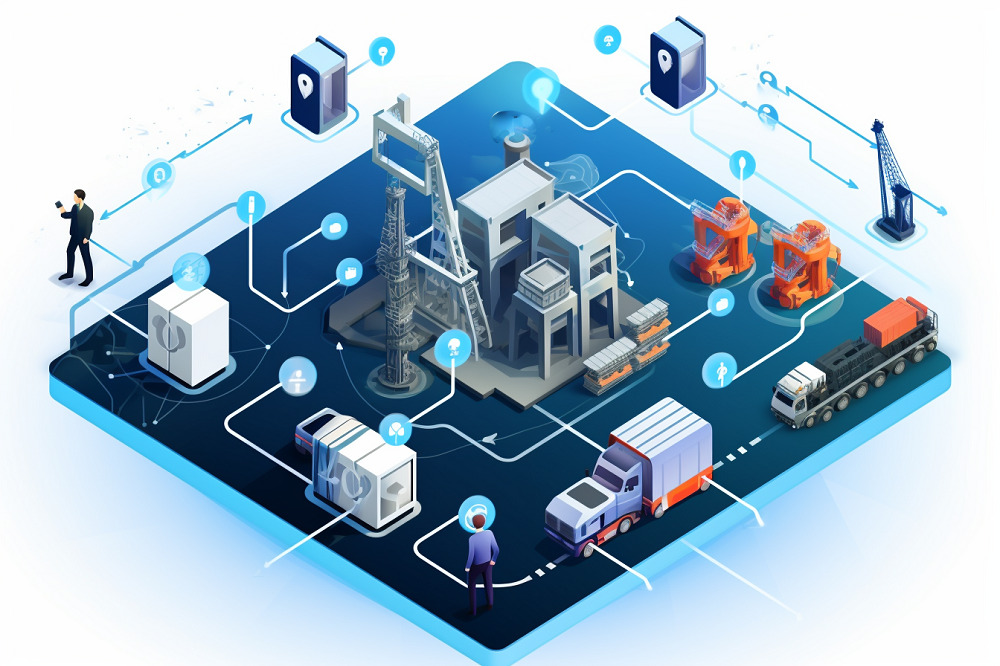Since Satoshi Nakamoto conceptualized DAOs in the Bitcoin white paper, they have captured the imagination of crypto enthusiasts and technologists. These innovative entities offer decentralized decision-making and resource management, disrupting traditional governance structures.
However, DAOs face many challenges threatening their viability and effectiveness as they gain momentum. This guide delves into DAO governance’s challenges, including legal, technical, managerial, and social issues, while highlighting ways for innovation and growth.
The Evolution of DAO Governance
From the early conceptualization of DAOs in Satoshi Nakamoto’s Bitcoin white paper to the proliferation of decentralized finance (DeFi) platforms and decentralized autonomous corporations (DACs), the landscape of DAO governance has undergone significant transformation.
Along the way, pioneers and innovators have explored various governance models, experimenting with different mechanisms for consensus-building, resource allocation, and leadership dynamics.
Legal and Regulatory Landscape
One of the most pressing challenges facing DAOs is navigating the complex legal and regulatory landscape. Also, DAOs are exposed to a patchwork of laws and regulations with varying degrees of clarity and enforcement.
DAOs must determine whether they fall under existing regulatory classifications, such as securities or commodities, which would significantly affect their operations. Additionally, issues related to taxation, anti-money laundering (AML), and know-your-customer (KYC) regulations further complicate matters for DAOs operating across multiple jurisdictions.
To address these challenges, DAOs must engage with regulators and policymakers to advocate for more transparent legal frameworks that provide certainty and legitimacy. Collaborative efforts to educate regulators about the unique characteristics of DAOs and establish transparent governance structures can help mitigate regulatory risks and foster a conducive environment for innovation and growth.
Moreover, seeking legal recognition as a distinct organizational form gives DAOs greater clarity and protection under the law, enabling them to operate more confidently and effectively in the global marketplace. As regulators struggle to catch up with the pace of innovation in the crypto space, DAOs must engage with policymakers to advocate for more explicit legal frameworks that provide clarity.
Technical and Security Concerns
Meanwhile, technical challenges loom large for DAOs, particularly the robustness and security of their underlying infrastructure. Since they rely on blockchain technology and smart contracts, DAOs are vulnerable to bugs and exploits compromising their functionality and integrity.
Network congestion and interoperability limitations further exacerbate technical hurdles, hindering the scalability and efficiency of DAO operations. Moreover, security breaches, including hacking, threaten DAOs, undermining trust and confidence in their governance mechanisms.
Governance capture, whereby external actors seek to manipulate decision-making processes for their gain, is a significant security risk that DAOs must proactively address. Addressing these technical challenges requires DAOs to adopt robust technical solutions, adhere to security best practices, and prioritize ongoing monitoring and auditing of their systems and processes.
Additionally, measures to enhance transparency and community engagement can guard against governance capture, ensuring that decisions reflect the collective will of DAO participants.
Management and Operational Complexity
The management of DAOs presents many operational challenges, such as leadership dynamics, resource allocation and economic incentives. Unlike traditional organizations with hierarchical structures, DAOs’ decentralized operations necessitate reimagining leadership roles and responsibilities.
Therefore, clarifying leadership dynamics and ensuring effective coordination are essential to the success of DAO initiatives. Unequal token distribution poses another challenge for DAO governance.
This issue can centralize control within the organization and undermine its decentralized principles. Conversely, fair token allocation mechanisms promote inclusive decision-making and prevent minority dominance within DAOs.
Implementing transparent token issuance and limits on token holdings can foster equitable governance structures and broader community involvement. Consensus-building and decision-making processes present additional challenges for DAOs, as diverse stakeholder interests and technical hurdles can impede progress.
Establishing explicit governance models and communication channels is essential for fostering consensus and ensuring effective decision-making within DAOs. Member engagement represents a critical aspect of DAO governance, yet sustaining active involvement in a decentralized ecosystem poses unique challenges.
Moreover, voter apathy and stakeholder conflicts can hinder the effectiveness of DAO initiatives, underscoring the importance of implementing strategies to incentivize participation and resolve disputes promptly and fairly.
Social and Ethical Considerations
Beyond legal, technical, and managerial challenges, DAOs also contend with social and ethical considerations that impact their acceptance and adoption. Thus, DAOs must prioritize community engagement, provide educational resources to bridge digital literacy gaps, and actively empower participants to contribute to governance processes.
In addition, addressing resistance from traditional institutions and communities requires DAOs to effectively bridge cultural differences and communication barriers. Building alliances and forging partnerships with stakeholders can help overcome these challenges, fostering greater acceptance and adoption of decentralized governance models.
Conclusion
The ethical challenges embedded in DAO operations highlight the crucial need for moral standards, transparency, and accountability in decision-making. By prioritizing social responsibility and ethical governance, DAOs can bolster their credibility and legitimacy, fostering a more ethical and robust decentralized future.
